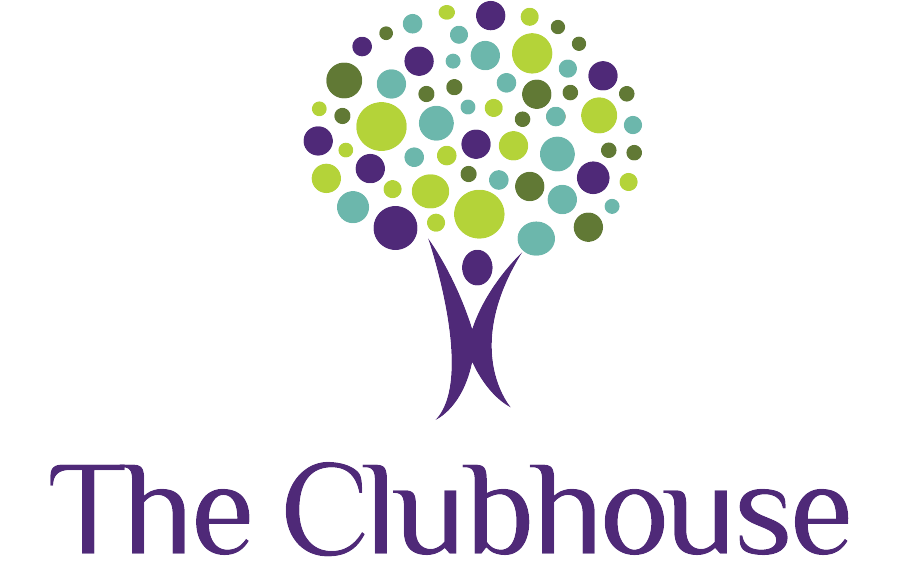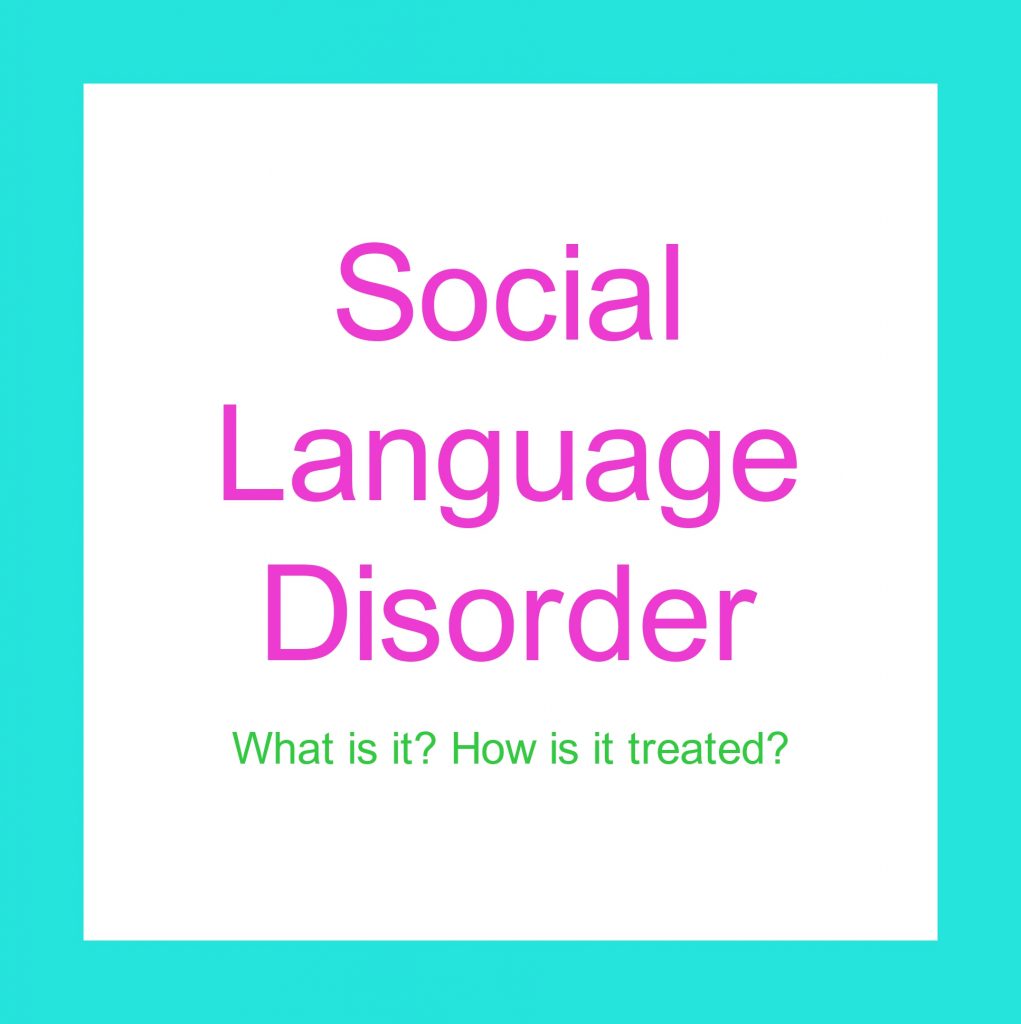By Jamie Gildenberg, MS, CF-SLP
Having a conversation requires much more than just saying words; we look at each other, stay on topic, take turns, listen to tone of voice, keep an appropriate distance, read facial expressions and body language, and take the perspective of our communication partner in order to appropriately respond. Picking up on social skills is a typical part of development and is critical in order to effectively adapt in our cultural environment.
Signs of a Social Language Disorder
Children that have difficulty with social interaction (e.g., rules for politeness), social cognition (e.g., understanding emotions of self and others), and pragmatics (e.g., body language, communicative intent, eye contact, etc.) show signs and symptoms of a social communication disorder. Children with social language disorders are not intentionally trying to be disrespectful or hurt the feelings of others; these children struggle with using language appropriately in social situations.
What Does Therapy Look Like?
Fortunately, social skills can be learned. Although some children will continue to need some support throughout their lives, therapy can be life changing and help move your child in the right direction! Social Thinking® is a social skills curriculum developed by Michelle Garcia Winner MA, CCC-SLP. This curriculum is meant to help support individuals from age four through adulthood develop social competencies to better connect with others and live happier lives.
Since social language is a very abstract concept, speech-language pathologists may have explicit discussion with children about social language and how the social world works. “Social Thinking Vocabulary” is frequently used in therapy with high functioning children with social language challenges to direct them to think more deeply about the social situation they are in and understand that behaviors are linked to others’ emotions. Social Thinking Vocabulary consists of terms such as expected/unexpected behaviors, whole body listening, body in the group/out of the group, ‘thinking of you’ kid vs. ‘just me’ kid, smart guesses, superflex, etc.
Social groups that consist of high functioning children that share similar social challenges can be particularly beneficial. Social groups allow children to put their social skills to use and practice in a safe environment guided by a therapist. Groups may include group discussions, modeling, role-play activities, watching videos, and other beneficial social activities.
Importance of Supporting Social Language Development
Social language is important for social/emotional, educational, and career success. Interactions with peers can be just as important as academics. Difficulty with critical social skills leads to the inability to connect with others and form friendships. This can make school a very lonely and unhappy place. If you think your child may be experiencing difficulties with pragmatic language, consider reaching out to the Clubhouse to ask about our 15 year history of providing support in small, motivating therapeutic groups!
Have you heard about our fun social groups?! Click Here to learn more!

